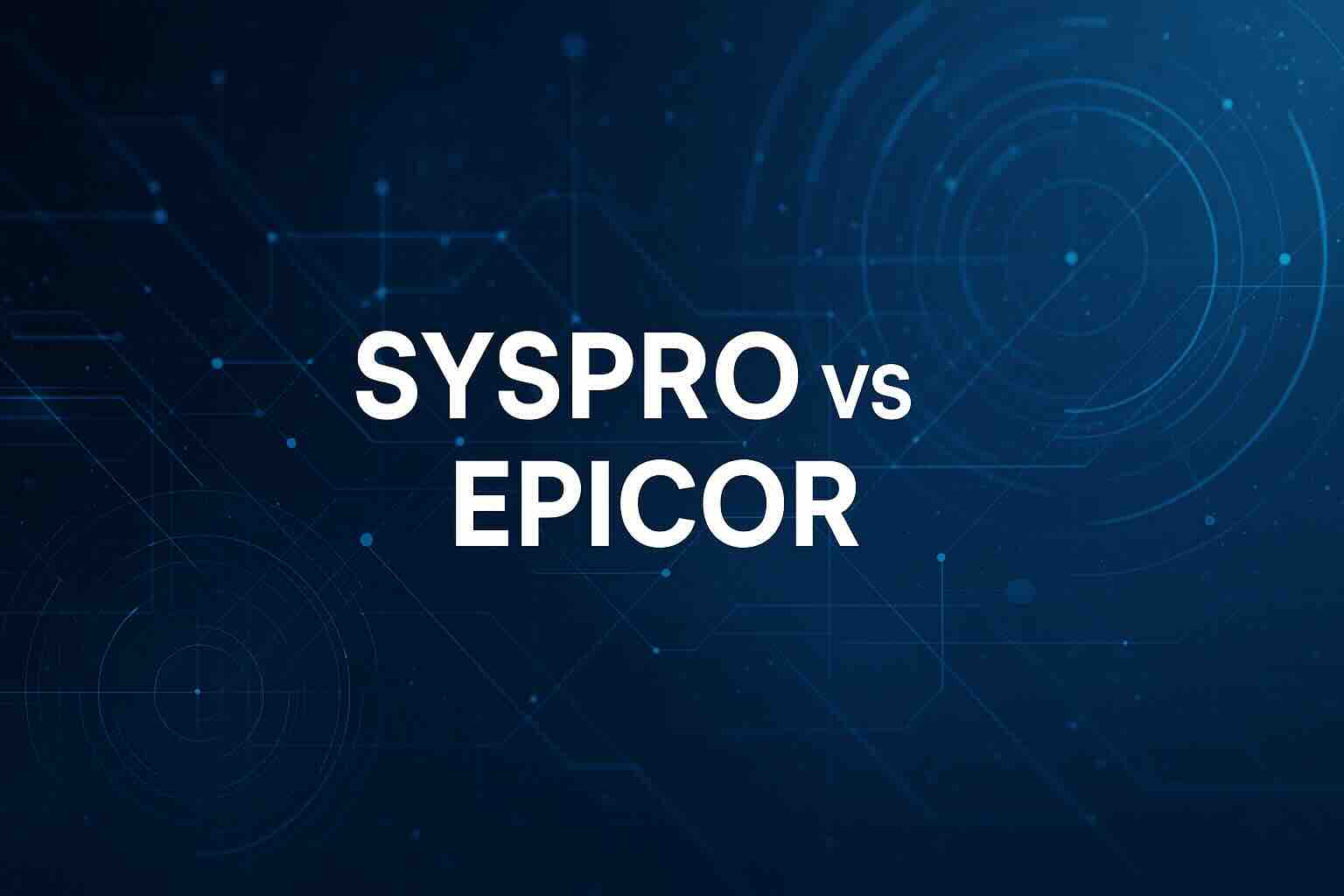Is IFS the Right ERP Solution for Utility Companies?

The utility industry is evolving rapidly, making the need for a robust Enterprise Resource Planning (ERP) system more critical than ever. Utilities face unique challenges like regulatory compliance, asset management, and customer service that demand efficient management systems. Among the many ERP solutions available, IFS stands out as a strong contender. But does it meet the specific needs of utility companies? Let’s explore how IFS measures up.
Understanding the Utility Sector’s Unique Needs
To understand why IFS might be a good fit, it’s important first to recognize what makes the utility sector distinct from other industries. Utilities—whether they provide electricity, water, gas, or renewable energy—operate in a highly regulated environment. Here, service reliability, asset management, and customer satisfaction aren’t just goals; they are essential.
Utility companies face key challenges:
- Asset Management: Managing extensive infrastructure, including power plants, distribution networks, and water treatment facilities, requires regular maintenance, upgrades, and monitoring to ensure uninterrupted service.
- Regulatory Compliance: Utilities must adhere to strict regulatory requirements that vary by region and type of service. Failing to comply can result in significant penalties and damage to reputation.
- Customer Service: As essential service providers, utilities must maintain high levels of customer service, managing everything from billing to outage response and service requests.
- Sustainability and Innovation: With increasing emphasis on sustainability, utilities must integrate renewable energy sources, reduce their carbon footprint, and innovate continuously.
Given these challenges, utility companies need an ERP system that’s not just robust but also tailored to their specific needs.
IFS Overview: A Solution Tailored for Utilities
IFS, a global enterprise software company, offers an ERP solution designed to meet the complex needs of asset-intensive industries, including utilities. IFS Applications provides a comprehensive suite of tools that address the core requirements of utility companies, from asset management to customer service and beyond.
Key Features of IFS for Utilities
- Comprehensive Asset ManagementIFS shines in asset management. It provides tools to manage the entire lifecycle of utility assets—from acquisition and deployment to maintenance and decommissioning. This capability is invaluable for utilities operating vast networks of infrastructure, such as power lines, pipelines, and water treatment facilities.The system’s real-time monitoring and predictive maintenance features help utilities reduce downtime and extend the life of critical assets. IFS also supports geographic information systems (GIS) integration, enabling utilities to manage and visualize assets across large geographical areas effectively.
- Regulatory Compliance and ReportingIFS is built to help utilities navigate the complex regulatory landscape. It includes features for tracking compliance with industry-specific regulations, automating reporting processes, and ensuring data accuracy. This reduces the risk of non-compliance, allowing utility companies to focus on their core operations.
- Customer Engagement and Service ManagementIFS excels in customer service management, providing utilities with tools to efficiently handle customer interactions, billing, and service requests. The ERP’s customer engagement module offers a 360-degree view of customer interactions, helping utilities improve service quality and responsiveness.Additionally, IFS supports outage management and field service operations, which are critical for maintaining service reliability and customer satisfaction.
- Support for Sustainability InitiativesWith the increasing focus on sustainability, IFS helps utilities integrate renewable energy sources and manage their environmental impact. The ERP system includes features for tracking and reporting on sustainability metrics, such as carbon emissions and energy efficiency. This capability allows utilities to meet regulatory requirements and achieve corporate social responsibility goals.
- Scalability and FlexibilityIFS is known for its scalability and flexibility—qualities essential for utilities operating in a dynamic environment. The ERP system can be customized to meet the specific needs of different types of utilities, whether they are large multinational corporations or smaller regional providers. This adaptability ensures that IFS can grow with the utility, providing long-term value.
Case Studies: IFS in Action
Several utilities worldwide have successfully implemented IFS, experiencing significant benefits in efficiency, compliance, and customer service.
- Northumbrian Water: This UK-based water utility implemented IFS Applications to improve asset management and customer service. The ERP system enabled Northumbrian Water to streamline maintenance processes and enhance service delivery, ultimately boosting customer satisfaction.
- Fortum: A leading energy company in the Nordic and Baltic regions, Fortum uses IFS to manage its complex operations across multiple countries. IFS has helped Fortum integrate its asset management and financial processes, providing better control over operations and supporting its sustainability goals.
Conclusion: A Strong Contender for Utilities
So, is IFS the right ERP solution for utilities? The evidence suggests that it is. IFS offers a comprehensive and flexible ERP solution tailored to the unique needs of the utility sector. Its strong asset management capabilities, regulatory compliance support, and customer service tools make it a valuable choice for utilities looking to enhance their operations.
Moreover, IFS’s commitment to sustainability and its ability to scale with the needs of the utility industry further solidify its position as a top ERP solution. For utility companies seeking to improve efficiency, meet regulatory requirements, and deliver superior customer service, IFS presents a robust and reliable option.
To find out more about IFS for the utilites you can visit this link.
To compare IFS with 100s of other ERP solutions, you can use our new AI-powered Compare ERP tool. It’s free to use and you get a guaranteed discount on your first year’s licence fees with a referral from Compare ERP.









